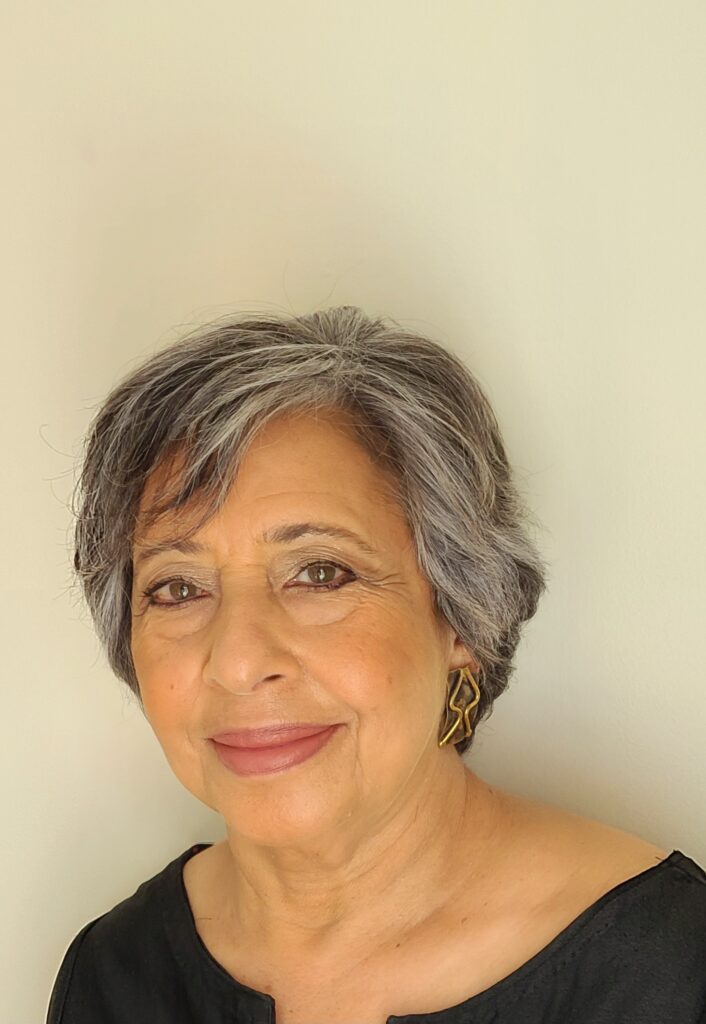What is Mediation:
Mediation and conflict resolution is a process where a neutral third person (mediator) assists involved parties to discuss and try to resolve their dispute and assists them in reaching a settlement. Mediation is necessary in many different fields, especially in the globalized world that we live in. With various cultural backgrounds at play, misunderstandings can occur which can lead to complex negotiations, business/personal relationship ruptures, and/or heightened emotions for the involved parties.
One of my specialities is family mediation. The main benefits of family mediation are that it can be a solution to different types of family disputes. During the mediation process, my approach is unbiased, and I will not make decisions for you. My goal is to establish and maintain a safe, confidential, communicative process, and to help participants reach an agreement. During the initial session, I will describe the process and role and will help establish ground rules and an agenda for the session. I do not give legal advice.
In my practice, I offer the following type of mediation: couple’s mediation, elder (intergenerational) mediation, mediation between educational institutions and international students, and workplace mediation and conflict resolution. Additionally, I specialize in cross cultural mediation and conflict resolution. Having lived and worked in various countries, my experience has taught me that it is important to take cultural differences between parties into consideration as values and communication methods vary from culture to culture and country to country.
Couples’ Mediation
- Separation and divorces are painful. I help couples separate in an amicable, affordable and child focused way. I encourage my clients navigate difficult conversations to find solutions that is beneficial to all sides. Mediation can be faster, cheaper, and personal than going to court
- Additionally, couples who come from different cultural backgrounds need extra support in communicating their needs and wording and framing the mediated agreement. I consider myself as your guide to navigate difficult conversations with your spouse to find solution to form your separation agreement. It is not my role to make decisions on your behalf but facilitate productive conversations that ensures both parties are heard, understood, and respected and help the parties find a resolution that is mutually acceptable. Mediation is a healthy process that ensures that the parties can decide their future and not a judge or a third party.
The Importance of Diversity Awareness in Mediation:
As a mediator, I strive to explore and address cultural differences and take a global approach to resolve the issues through a more integrative manner. My experience has taught me that a person’s cultural background can be a strong and sometimes invisible factor that permeates the mediation process. It is important to address it effectively to communicate with the parties in mediation. For example, there are cultural difference in styles of communications, some being much more expressive or affective than others. I offer a safe environment to facilitate discussion between two parties to achieve a successful outcome.
Mediation process and how does it work:
As a mediator, it is not my role to take the place of a lawyer. You are encouraged to get independent legal advice before and throughout the mediation process to before signing the agreement to make sure that it is legally binding.
Prior to mediation, I have an individual private meeting with each party involved prior to bringing participants together in a joint face-to-face structured mediation meeting.
For couple mediation, I will have an initial consultation with both partners to determine whether mediation is the right process for you. Each partner will get an opportunity to explain what their perception of what may have caused the communication to reach an impasse. The number of times mediation session is necessary vary case to case. Prior to consenting for mediation, I also screen in depth for partner physical and emotional violence. Also, in addition to in-person session, I also offer online-mediation. In addition to the risks posed by COVID-19, it has the added benefit of ensuring each participant’s emotional health and offers an opportunity to create trust while reducing the possibility of being triggered during contentious discussions.
Confidentiality:
Unlike court hearings, mediation remains strictly confidential. Confidentiality is at the heart of mediation session and is critical to a successful resolution. In most cases the legal system cannot force a mediator to testify in court as to the content or progress of mediation. I destroy my notes taken during a mediation once the mediation is finished. The only exceptions to such strict confidentiality usually involve child abuse or any criminal act.
A note to Couples who are seeking mediation
The mediation will only work if you are both ready to put differences aside and willing to compromise. This has added benefit of often preserving the relationship that you had before the conflict. While a case in the court may take months or years to resolve, mediation usually achieves a resolution in a matter of hours or days. It also means spending less money on hourly fees and costs.
Please note that the couples are required to submit full financial disclosure for an effective family mediation. It is also important to disclose advice from your respective lawyers, accountants and child specialists and others as seen appropriate in the mediation process.


0 Comments